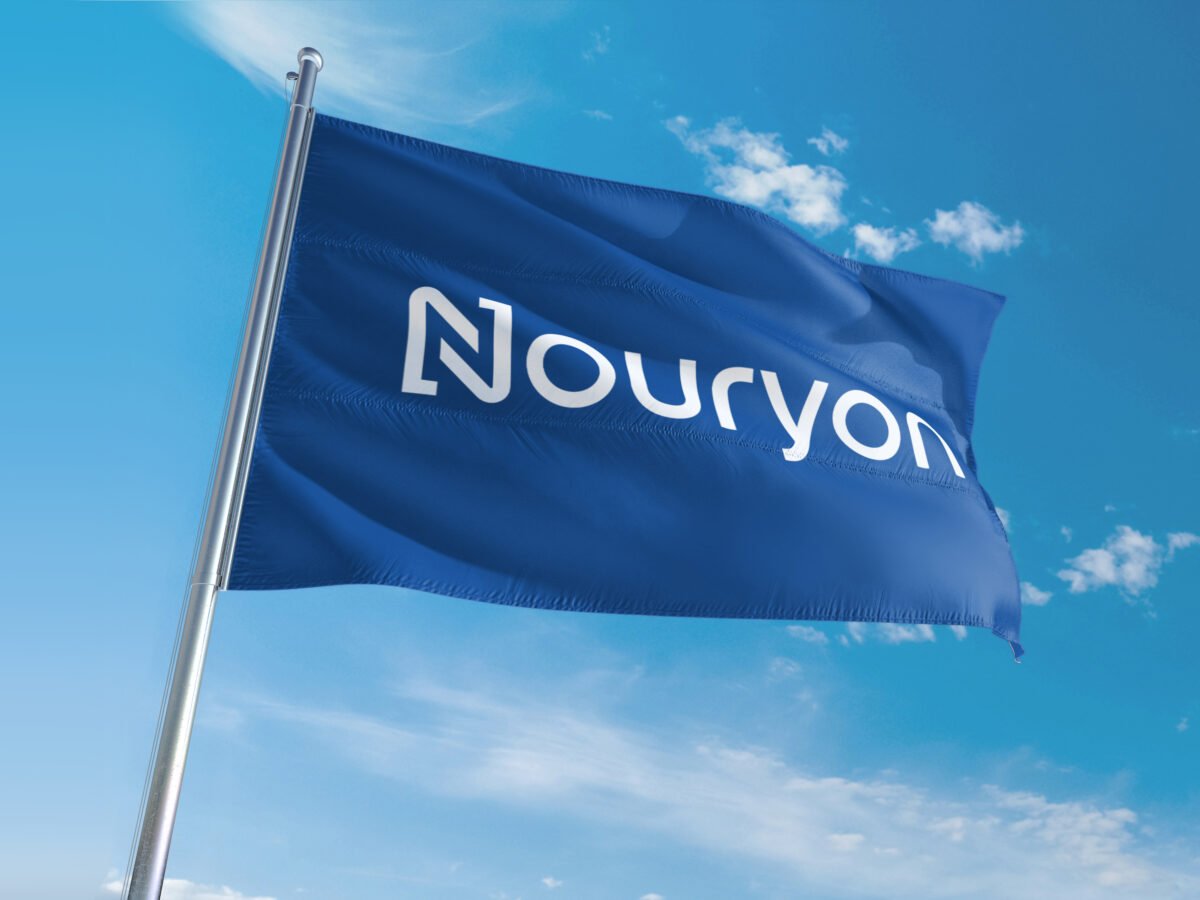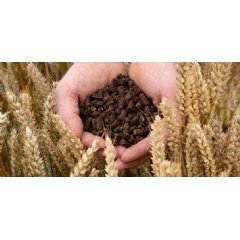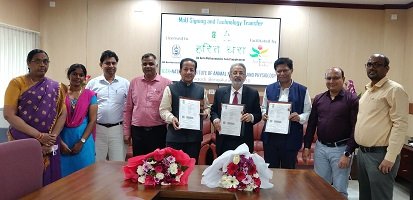Bartlett and Regrow partner to advance sustainability commitments
Diverse agribusiness will utilise Regrow’s platform for the soybean programme
Regrow Ag, the Agriculture Resilience Platform provider, and Bartlett, a Savage Company announced their partnership to advance sustainability commitments. The Regrow platform supports rigorous Scope 3 emissions analysis, and the ability to create actionable carbon reduction plans and track environmental outcomes on the farm level. Bartlett will use Regrow’s solution to determine county-level emissions factors for its soybean supply shed. The platform will also provide insights into current regenerative practice adoption, to assist Bartlett in designing programs to support more sustainable farming practices.
When its new soybean crush plant opens later this year in Montgomery County, Kansas, Bartlett will work with local farmers, cooperatives and commercial grain elevators to handle approximately 49 million bushels of soybeans annually at the facility, which has already begun accepting soybeans. By leveraging the insights from Regrow’s technology, Bartlett will be able to create sustainability strategies for soy oil and soy meal co-products, with data collection and reporting designed to meet evolving sustainability standards for biofuels and insetting programs. Analysing current practice adoption will also help Bartlett prioritize counties with the highest abatement potential.
Regrow combines industry-leading science and technology to help companies across the agriculture value chain measure, report, and reduce on-farm emissions, using aggregated field-level data to create a baseline. Using its soil carbon models and remote-sensing-based technology, Regrow will help Bartlett identify opportunities to support farmers by calculating high-precision emissions factors and other critical sustainability metrics.
Diverse agribusiness will utilise Regrow’s platform for






